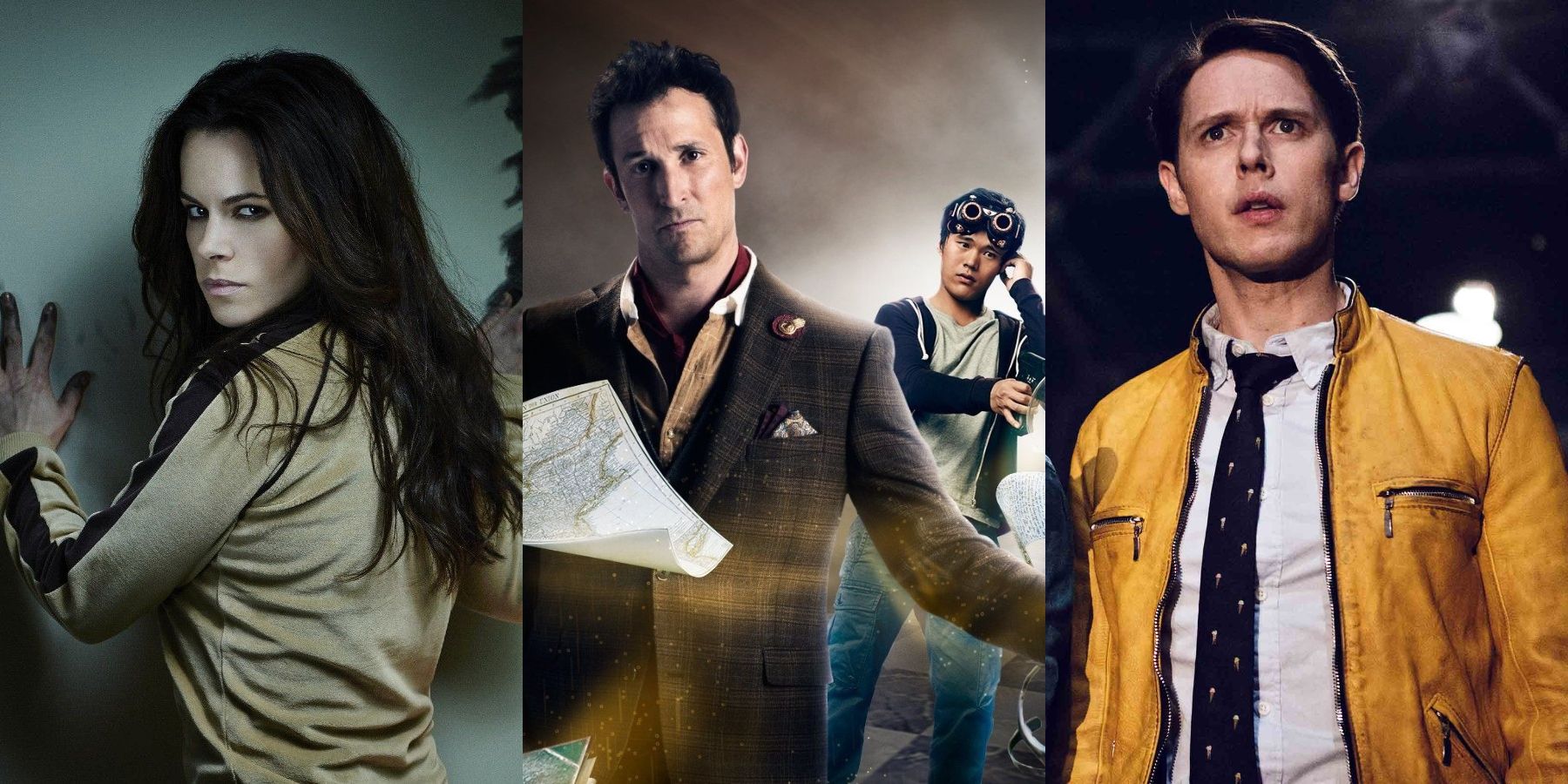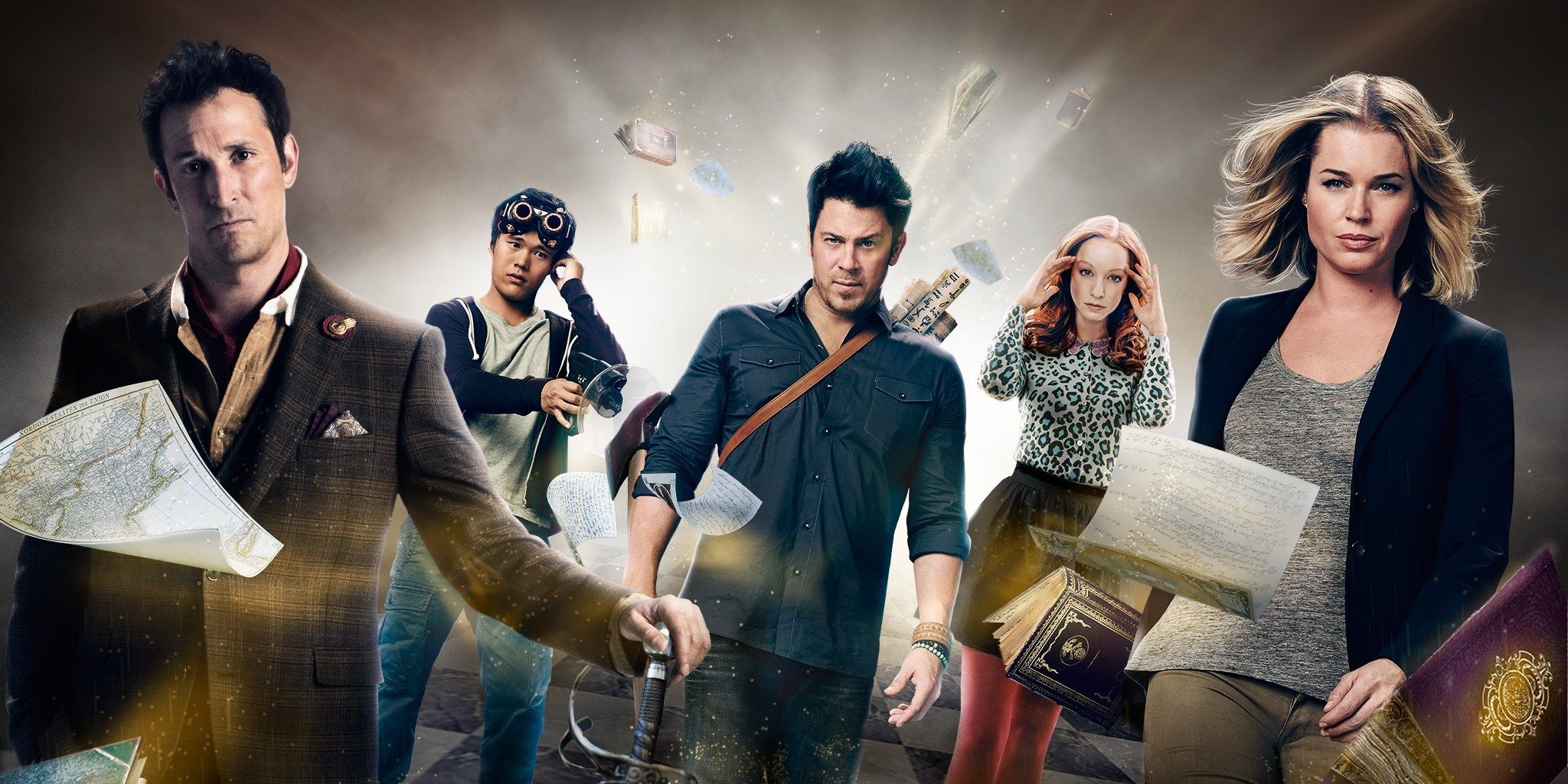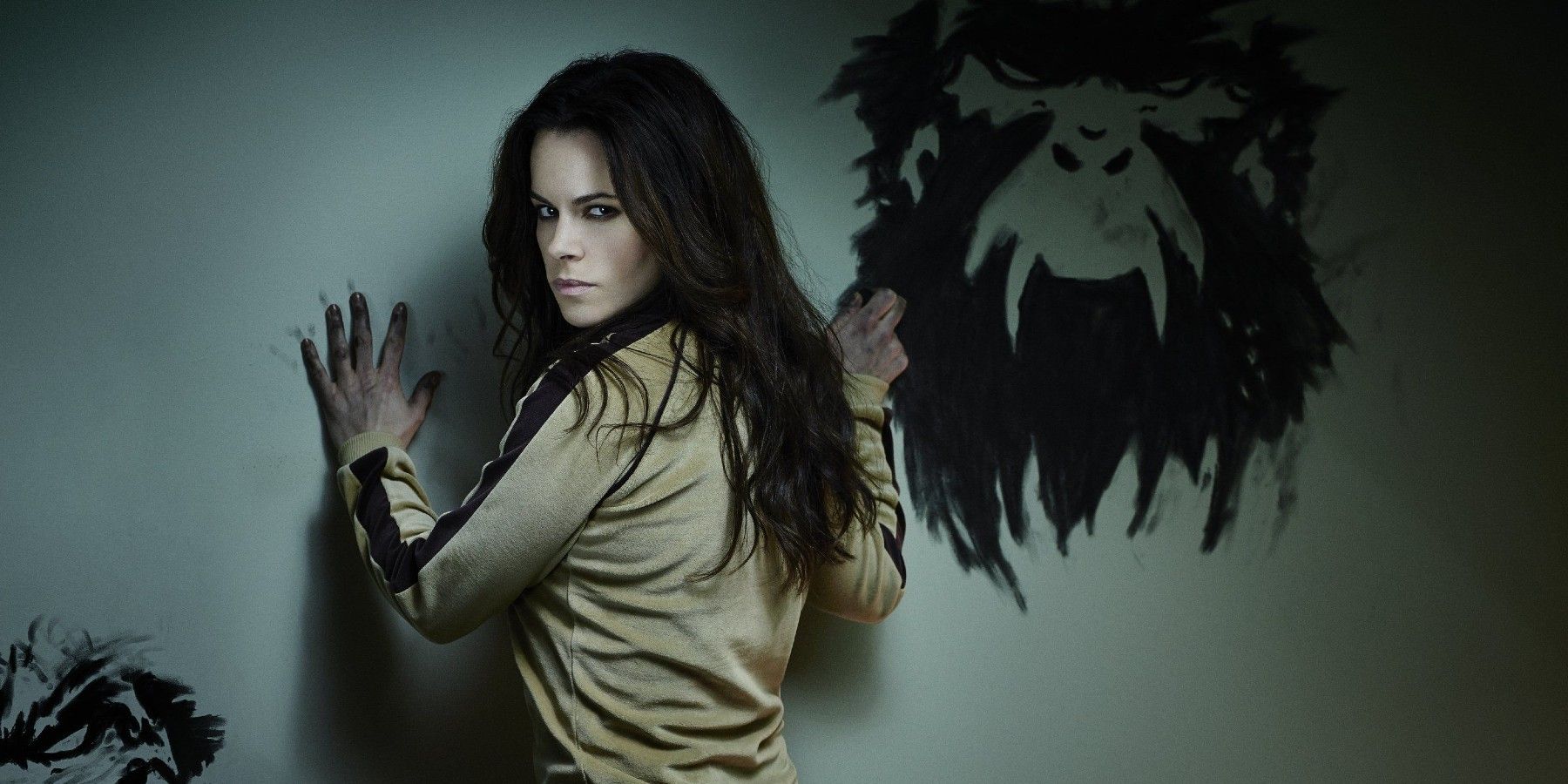There can be no denying that fantasy TV shows are proliferating rapidly—rushing to fill the void left by Game of Thrones (one of the most successful series of all time). The glut of releases in the month of December highlighted this phenomenon, offering a cornucopia of new worlds for viewers to explore, with comprehensive franchises to pursue in between seasons. But in the era of binge-watching, audiences are sure to consume quickly; where does the fantasy-hungry viewer go to find more?
While traditional high fantasy is really only just emerging, low fantasy (fantasy that takes place in the so-called ‘real world’) has long been a television staple. Shows like Buffy the Vampire Slayer and Lost brought fantasy elements into the digital age, with passionate online fanbases endlessly dissecting and debating both the supernatural elements in their plots and the deeply human stories that gave weight to their themes. This duality is the core of fantasy, which uses supernatural or magical elements to express truths about humanity.
In more recent years, those supernatural or magical elements have taken many forms—blending in with monsters-of-the-moment or blasting off with fantasy’s contentious cousin, science fiction. Shows that openly embraced traditional fantasy tropes were often dismissed as ‘campy’, or shuffled aside by the emergence of prestige drama. But with the genre now ascendant, those same shows have the opportunity to find new fans and finally be celebrated.
The Librarians
Before basic cable became the laboratory for prestige drama, TNT put out a made-for-TV movie called The Librarian, resurrecting a long-absent Noah Wylie to star as a lifetime student who accepts a job at a magical library. The result was a clear Indiana Jones knockoff that, despite its cheesy writing and questionable production value, spawned two sequels and a modest cult following—and an eventual series.
After recruiting an unlikely troupe of oddball geniuses to share the burden of protecting the magical library, The Librarians molds its adventure elements into a caper-of-the-week format, loosely hanging some character development and serialized Big Bad plots on what is essentially a playground for classic low-fantasy setups: magical artifacts, myths-come-to-life, and (of course) Arthurian legend. The show veers heavily into camp, sacrificing extensive world building for the more popular (and less expensive) tropes of its time: creative setups, lovable misfits, characters from enduring literary works.
The result feels like fantasy window shopping: each week, a new world—a new take on a myth, a new aspect of magic—is on display but not thoroughly explored. Of course, lack of depth is not necessarily a drawback; The Librarians entertains plenty with its variety of interesting fantasy premises, without being weighed down by prolonged interpersonal drama or melancholy meditations on existential despair. The result is generally delightful, reliable fantasy fare, with imagination enough to accommodate the tastes of any fantasy fan.
12 Monkeys
Judging only by the first season, 12 Monkeys shares little-to-no DNA with The Librarians. Airing on Syfy at the cusp of the network’s post-Battlestar resurgence, the first season of 12 Monkeys, about post-apocalyptic time travelers conspiring to prevent a pandemic, presents as a gritty, character-driven genre story, à la The Walking Dead (a juggernaut and gold standard for dark drama…at the time). There are elements of supernatural mystery from the start—provided mostly by a cult that seeks to destroy time itself, complete with pithy watchwords and ominous religious rituals—but very little distinguishes the show from a stock time travel story…at first.
Once 12 Monkeys has exhausted all foreseeable time travel plots, however, the show leans hard into its more fantastical elements—and that is where it begins to shine as a work of fantasy. Foregrounding the story’s resident soothsayer, Jennifer Goines (Emily Hampshire, who commits marvelously to Jennifer’s zany complexity), and focusing on the time-averse cult allows the show to weave more tantalizing mysteries, expanding the scope of its main quest through time and elevating the stakes of the central conflict. Shedding the gritty dramatic tone enables the already-malleable setting to include more traditional fantasy destinations—such as medieval England and the Wild West. Yet the show manages this pivot without sacrificing either gravitas or story quality: the poignant final season is one of the most satisfying conclusions in TV history, for both the characters and the audience.
Dirk Gently’s Holistic Detective Agency
Then there is Dirk Gently’s Holistic Detective Agency. Aside from the genre of fantasy (which can only be applied ever-so-loosely), Dirk Gently’s defies almost any attempt at categorization. It begins as a sort of low-fantasy mystery, following an assortment of vaguely-powered individuals as their paths meander around—and toward—the show’s reluctant protagonist, Todd Brotzman (Elijah Wood).
The titular detective is one such individual, although his investigative skills and mysterious powers alike seem to consist mainly of waiting for coincidences to make sense. The show deftly pairs humor and frustration, absurdity and violence—opposing elements held together by a varnish of unapologetic whimsy. Yet it is delightful in this paradox, turning the ordinary, ‘real’ world into a fantasy…and inviting the viewer to do the same.
Dirk Gently’s strikes a delicate balance between wacky situations and serious human moments; then, in its second season, it risks that balance by steering into high fantasy. The show introduces Wendimoor, an alternate universe where two families wage war under a flying train set, their soldiers armed with alarmingly-oversized scissors. Characters from Wendimoor begin to seep into the real world, the magic of their homeland seeping along with them. Eventually, the mystery of this magic leads the show’s main characters to Wendimoor—not only to solve their case, but to uncover the mysteries of Dirk Gently himself and the others who are like him.
Despite the turn of the plot toward the fantastical, however, the show manages to remain firmly grounded in human emotion and relationships, for Wendimoor holds answers to not only the supernatural questions of the story’s plot and premise, but to the human questions that anchor its themes: how to be a ‘good’ person, how to maintain (and repair) relationships, how to find strength in times of struggle, and—perhaps most importantly—how to find purpose in the midst of self-doubt.
The show is, at its heart, deeply optimistic about the power of positivity. Through their shared misadventures, each of the main characters grapples with a sense of purposelessness. It is their friendships with each other that sustains them through these periods, until the characters realize that there is purpose in friendship itself. If that conclusion might be too maudlin for some viewers, the show tempers its sentiment—by tossing corgis off of bridges, materializing a flying purple people-eater, and letting Elijah Wood show off his acting chops with the full range of humans’ pettiest emotions.




